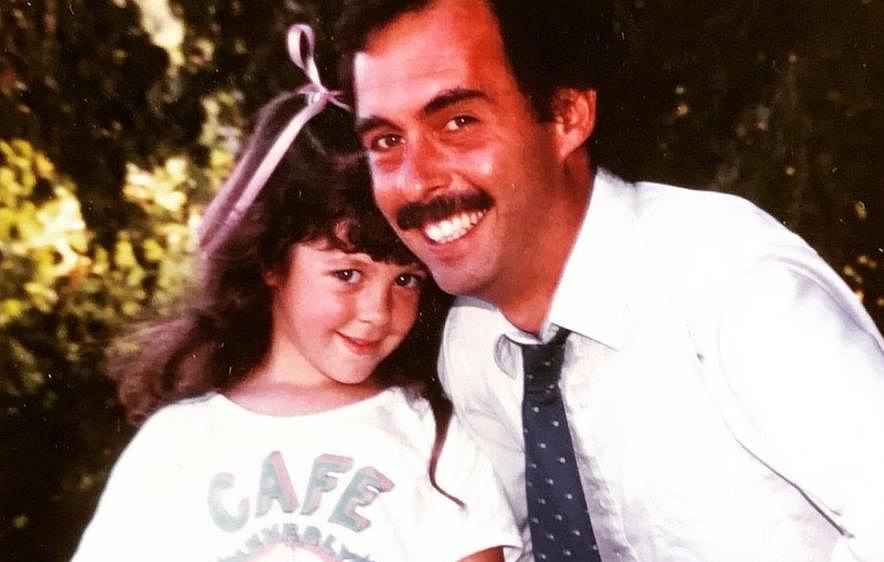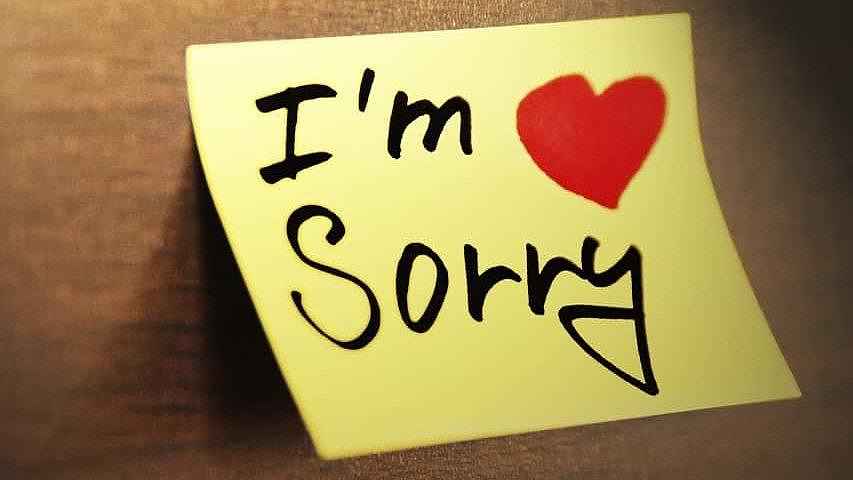






See listing of Recent and Most Popular articles on the Home Page
Connections
Category: Relationships / Topics: Advice, Guidance & Mentoring • Attitudes • Character, Integrity • Communication • Learning • Relationships
You're Apologizing All Wrong
Posted: June 19, 2021
Here's how to say sorry the right way…
Clare Marie Schneider also contributed to this Life Kit article (also available as a podcast).
Over the last few months, we've heard a spate of apologies pouring forth from the pens and lips of politicians, businesses, celebrities and even royalty. But psychologist Harriet Lerner says most miss the mark, which is why she was inspired to write Why Won't You Apologize: Healing Big Betrayals and Everyday Hurts.
Most of us haven't been taught how to apologize, and our efforts tend to be deleterious: vague, intrusive, demanding, or full of caveats that can leave the recipient of an apology feeling even worse. "When the apology is absent or it's a bad apology, it puts a crack in the very foundation of a relationship and can even end it," Lerner says. And that's why it is critical to get it right.
A good apology, she explains, is an opportunity for us to take clear and direct responsibility for our wrongdoing without evading, blaming, making excuses, or dredging up offenses from the past. It brims with accountability, meets the moment, and can transform our relationships.
Here are six ways to offer an apology that can help heal, rather than cause additional harm. [Editor's note: we're presenting the six points with a key phrase. Follow the link at the bottom to get the full details.]
Drop your defenses.
Lerner suggests keeping an open mind and listening with an explicit intentation to understand the other person.
Be real.
When you're apologizing for something, it's critical to show genuine sorrow and remorse.
No ifs or buts.
A sincere apology does not include caveats or qualifiers.
Less is more.
Keep your apology short and mind the histrionics.
Stay focused.
Your attention when apologizing should be on the impact of your words or deeds, not on your intention
And remember: A good apology is a beginning, not an end.
An apology creates an opening. When done with attention and care, it can be a conduit for greater understanding and deeper connection.
Read the full article to get more details and subscribe to the Life Kit newsletter.
Simran Sethi is a journalist who reports on psychology, sustainability and ways to make the world more just. The podcast portion of this episode was produced by Clare Marie Schneider. Gilly Moon provided engineering support.
We'd love to hear from you. Leave us a voicemail at 202-216-9823 or email us at LifeKit@npr.org.
Search all articles by Simran Sethi
Posted: June 19, 2021 Accessed 468 times
![]() Go to the list of most recent Connections Articles
Go to the list of most recent Connections Articles
![]() Search Connections (You can expand the search to the entire site)
Search Connections (You can expand the search to the entire site)
![]() Go to the list of Most Recent and Most Popular Articles across the site (Home Page)
Go to the list of Most Recent and Most Popular Articles across the site (Home Page)
 Loading requested view...
Loading requested view...